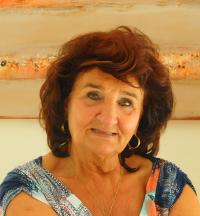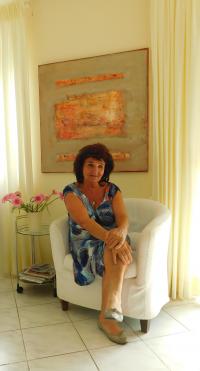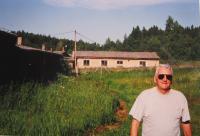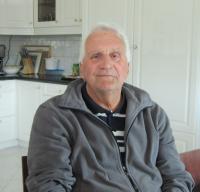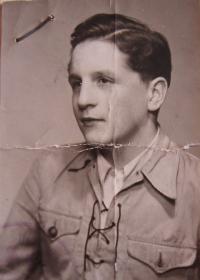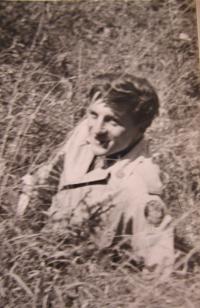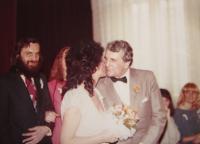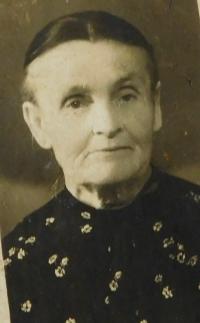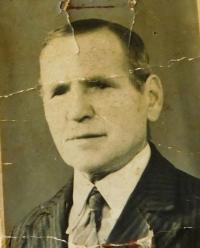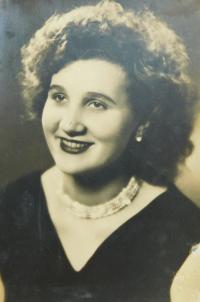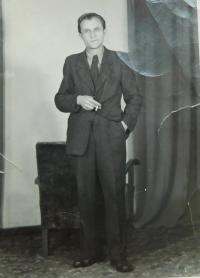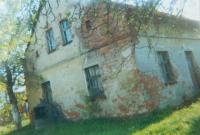The militia shot people for no reason
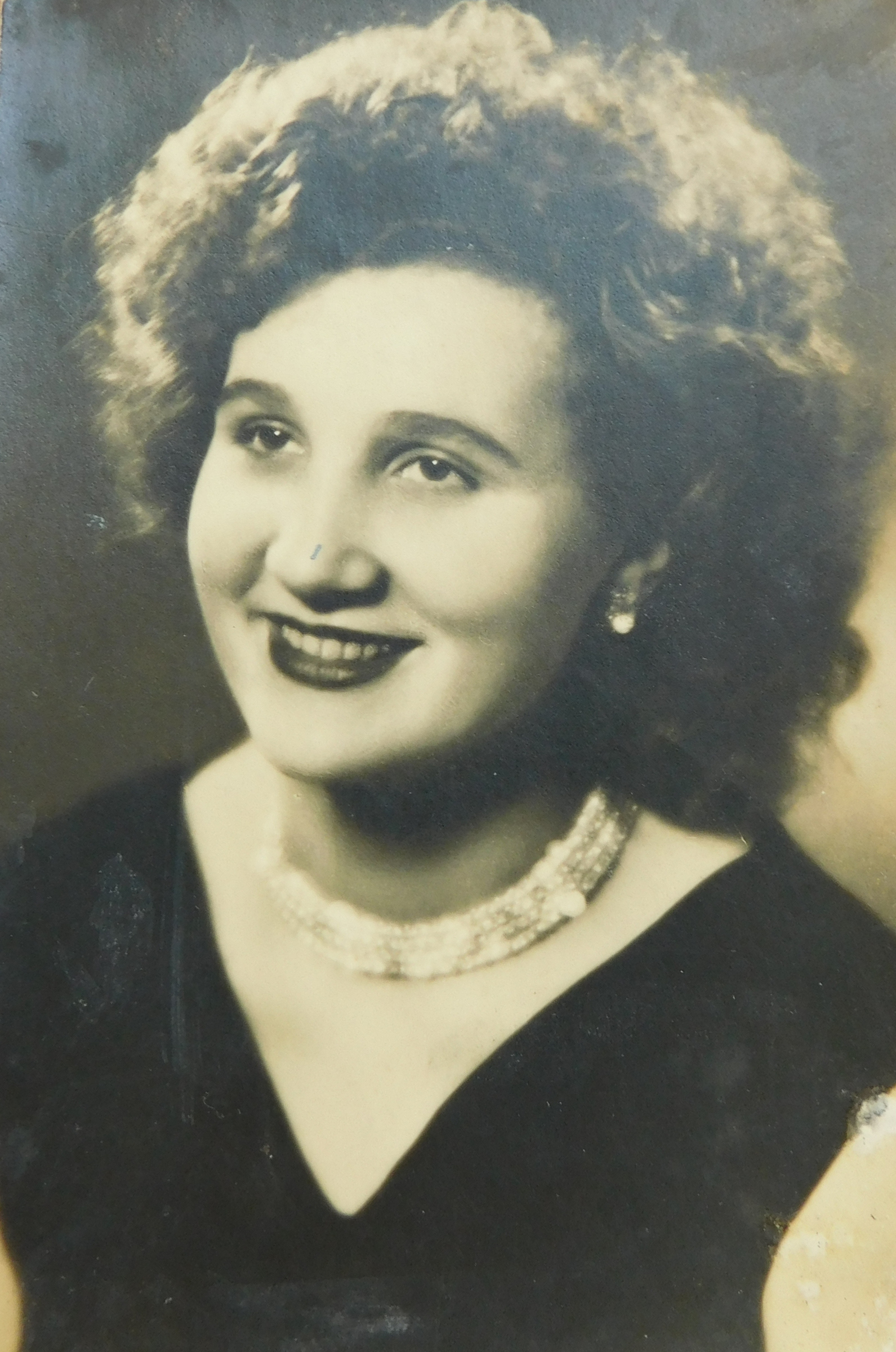
Download image
Irena Sehnalová, née Jarzombková, was born on 27th October 1941 in the town of Tworków which used to be on German territory but today is a part of Poland. Shortly after she was born her father had to join the Wehrmacht. He only visited home during his holiday twice and then disappeared for good. Only a few years after the war did the mother Marie find out through the Red Cross that he lived in West Germany and couldn’t go back to Czechoslovakia because of the Iron Curtain. He eventually married again in Germany and had three more daughters. Irena never met her father or half-sisters again. By the end of the war, in Czyzowice, she witnessed a Soviet soldier shooting her grandfather Johan Stabl for no reason. In 1951 her mother moved with her from Poland to Bohumín. On 21st August 1969 Irena joined a demonstration against the invasion of the Warsaw Pact armies. The protest turned into a massacre when militia members armed with live ammunition started shooting into the crowd. Irena was being arrested by a State Security captain when she saw the eighteen-year-old Danuše Muzikářová on the ground, shot in the head. Subsequently Irena was sentenced to a one-year suspended sentence for participating in the protest. After her first husband Marek Václav died she married Milan Sehnal in 1985. He was a former agent of the American CIC secret organization and a political prisoner. After the revolution they spent several years living with their relatives in Germany and later built a house in Olomouc, where they still lived as of 2016.
